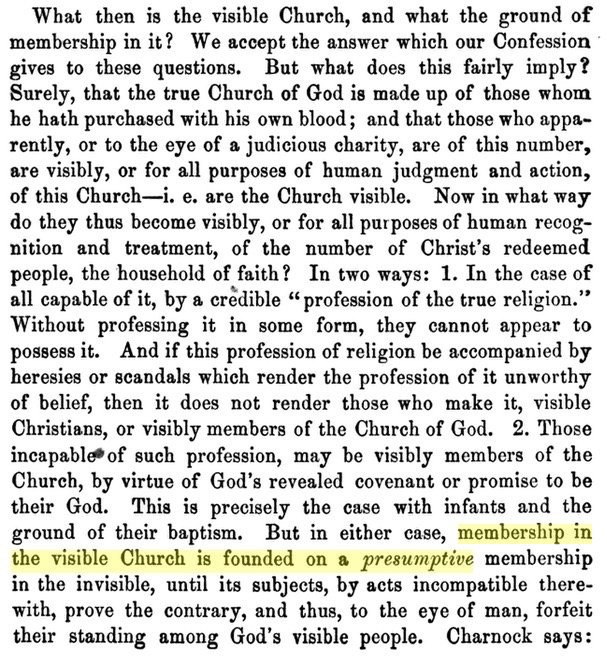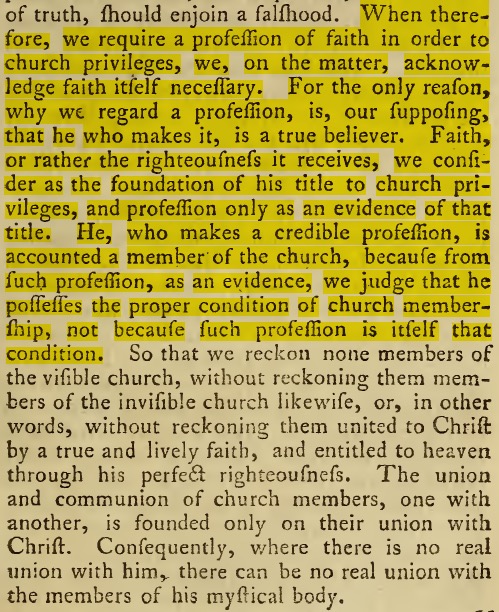03
Jun
2017
In
By Brandon Adams
Is 1689 Federalism Dispensational?
On 03, Jun 2017 | In | By Brandon Adams
No. It is actually anti-Dispensational.
Charles Ryrie identified 3 essential tenets of Dispensationalism.
- Keeping Israel and the church distinct throughout eternity.
- A hermeneutic of literal interpretation. (#1 is derived from #2)
- Salvation is not the main underlying purpose of God’s work in history.
1689 Federalism rejects all 3.
With regards to #1, Ryrie says “This is probably the most basic theological test of whether or not a person is a dispensationalist… The essence of dispensationalism, then, is the distinction between Israel and the church [throughout eternity]. This grows out of the dispensationalist’s consistent employment of normal or plain or historical-grammatical interpretation [#2]… The spiritualizing may be practiced to a lesser or greater degree, but its presence in a system of interpretation is indicative of a nondispensational approach.” And finally “The error of covenant theologians is that they combine all the many facets of divine purpose in the one objective of the fulfillment of the covenant of grace,” (as 1689 Federalism does).
On each of these essential points, 1689 Federalism is not merely contrary to Dispensationalism; it is contradictory to Dispensationalism. Its Christological (“spiritualizing”) hermeneutic “is indicative of a nondispensational approach” resulting in a typological view of Israel that fails “the most basic theological test of whether or not a person is a dispensationalist.”
1689 Federalism is Anti-Dispensational (just ask a Dispensationalist).
For a longer explanation, please see Is 1689 Federalism Dispensational? (Contrast)
[Link to this Question]



